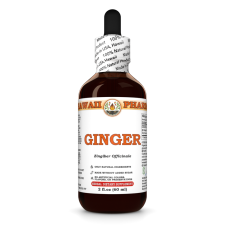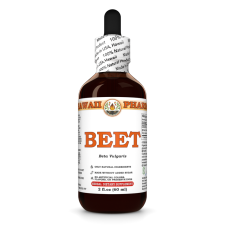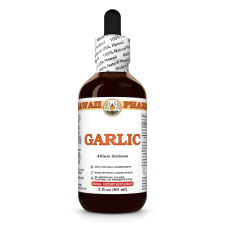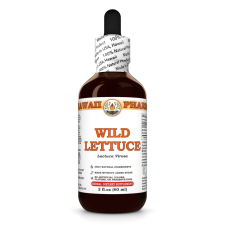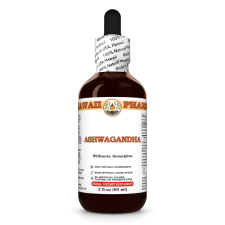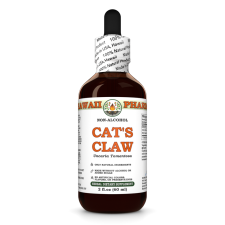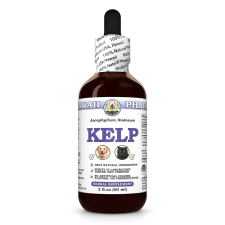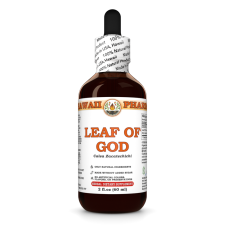
PUMPKIN'S SECRETS
A good choice for a snack is pumpkin seeds (flat and oval-shaped green seeds). They contain many useful substances: magnesium, protein, zinc, calcium, selenium, antioxidants, phytosterols, Omega-3 Fats, amino acids, vitamin K, vitamin B group, fiber and many others. Important to notice that the World Health Organization recommends their consumption as a good way of obtaining this nutrient.
Pumpkin seeds are a rich source of tryptophan (an amino acid that your body converts into serotonin, which is converted into melatonin, the "sleep hormone"). Pumpkin seeds are a good source of omega 3 fatty acids and a rich source of mono-unsaturated fats.
These seeds are also a source of zinc, which helps carbohydrate metabolism in the body.
Statistics shows that 80 percent of women worldwide have inadequate zinc intake. Low levels of zinc alter circulating levels of multiple hormones associated with the onset of labor.
Pumpkin seeds are available in combination with oatmeal, smoothies, chia pudding, raw energy bites, granola bars, muffins, salads, soups and whole grain dishes, which are all easy ways to add the seeds to your diet. Toss them into one of your meals each day and enjoy!
Make your own pumpkin seed butter by blending whole, raw pumpkin seeds (500g) in a food processor until smooth.
Store in jars in the fridge. It can be a good alternative to peanut butter.






